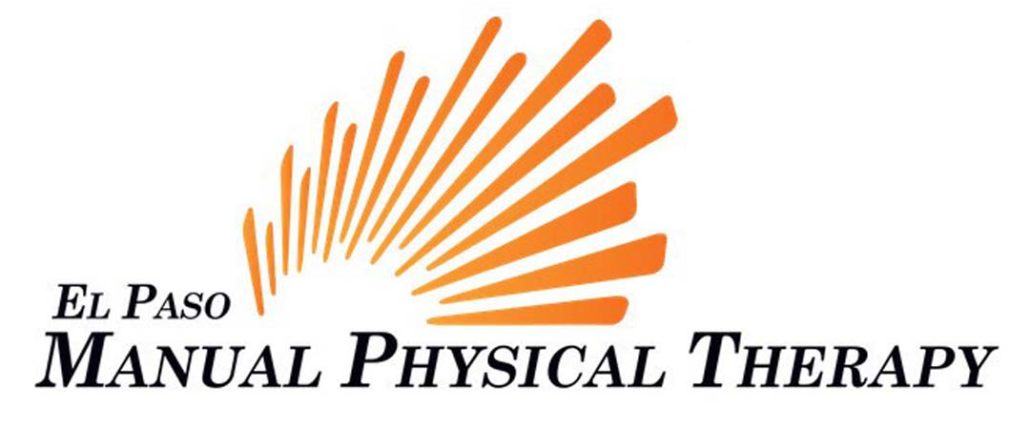Top 5 Tips Of A Pinched Nerve In The Neck And Shoulder Area
Are you looking for more information about pinched nerves in the neck and shoulder area?
Hi, my name is Dr. David Middaugh, Manual Physical Therapist and owner of the El Paso Manual Physical Therapy.
I’m going to cover with you today, the top 5 signs of a pinched nerve in the neck and shoulder area.
#1 Neck and Shoulder Pain
The areas that are commonly affected are on the side of the neck, on the back of the neck, up into the base of the head, in the upper trap area, and into the shoulder.
Sometimes it even goes down into the arm. It could also be in the back of the shoulder, on the shoulder blade.
Those areas are all innovated by nerves that come off the neck, and the muscles in the area are also innovated by the nerves. The nerves connect to the muscles.
The muscles might spasm, they might tighten up, and get really hard, and that can be get very painful. Especially if they have been holding like that for a long time.
Just imagine if you had to hold a clenched fist, for hours… like you may be clenching up in your neck and shoulder area for hours… its going to get painful and uncomfortable after a while.
#2 Trouble Sleeping At Night
People with pinched nerves in the neck and shoulder area, often have difficulties finding a comfortable position to lie in when they fall asleep at night. They are often tossing and turning, they lie on one side, and then it starts to hurt more. Then they flip over and get comfortable for a bit, and then the other side gets affected. Or the same side may get affected as well.
Lying on the back or tummy may not even work, and its just a battle every time when going to sleep.
Or some people may have a different version of this, they may fall asleep OK, but then in the middle of the night, they wake up with their entire arm falling asleep, which can be very painful, and they have difficulty letting those symptoms go away.
They may be up for several minutes to an hour, or more, and find that they may need to take pain medication as well, in order to fall asleep again.
Often times, people with trouble sleeping, because of pinched nerves, will live often on pain killers to go to sleep. They take something right before they go to bed, because they know what’s coming. They know they are going to have trouble falling asleep.
#3 Difficulty Turning The Head To One Side
People with pinched nerves, often can turn their head to one side without problems, but then going the other way, it’s little more uncomfortable. Stretching is happening. It may be on either side of the neck, and sometimes it changes from day to day.
But there is an obvious limitation. They can turn better to one side, but have trouble, and it’s uncomfortable turning their head to the other side.
Try this right now and see how your neck moves!
#4 Headaches and Migraines
People with pinched nerves in their neck and shoulders, often have headaches and migraines and they may present in different areas.
It could be in the front near the forehead, sometimes you get the behind the eyeball headache, where you feel like you need to dig in there. The other ones are on the side of the head, near the temples. Sometimes its one side, and sometimes it’s the entire head.
The back of the head is probably the most commonly affected. Right at the base of the skull, up to the back of the head, and sometimes it starts to spread towards the front.
Headaches and migraines like that, can cause sensitivity to light. They can also make you very grumpy as well, because it is just very uncomfortable to have those symptoms, while trying to work, and enjoy your relationships.
#5 Stretches and Exercises have not helped
Often times, when we see people here in the clinic, with pinched nerves in the neck and shoulder area, they have tried stretches, they have tried exercises, they have gone onto Google or YouTube, asked friends, or had Doctors or other healthcare professionals prescribed them certain exercises and stretches, and have found that it didn’t really last very long.
They didn’t have a long-lasting effect, that got rid of the pinched nerve symptoms that they were dealing with.
If you think that you have three, or more of these signs apply to you, it’s very likely that you have a pinched nerve in the neck area, that may be affecting the shoulder region as well.
The good news is that nine out of ten of these cases, they will get better. Without surgery, without injections, and without having to rely on pain killers for the long term.
If you are looking for more tips on how to help a pinched nerve problem in the neck and shoulder area, click here to download Our Special Guide With All The Best Ways To End Knee Pain.
If you are interested in getting help by us, if you would like us to do the work for you, we would love to talk more about that. Call us at 915-503-1314 and tell us all about your neck and shoulder problems.
We would be happy to speak with you and see if we are the best people to help you out in this situation.
We love to have people keep active, healthy and mobile, while avoiding unnecessary surgeries, injections and painkillers.
I hope that we can be part of your success story!

